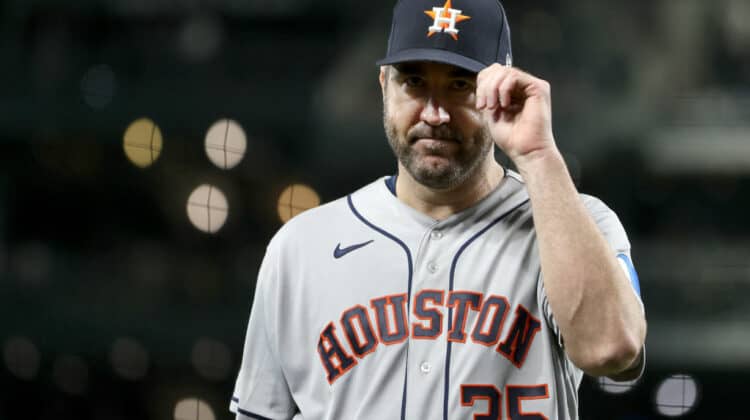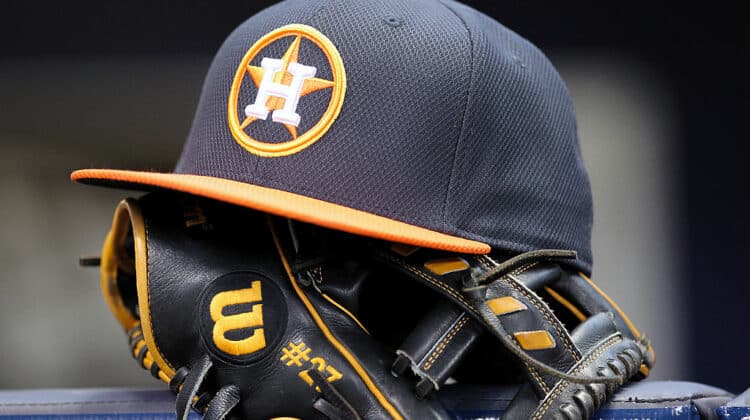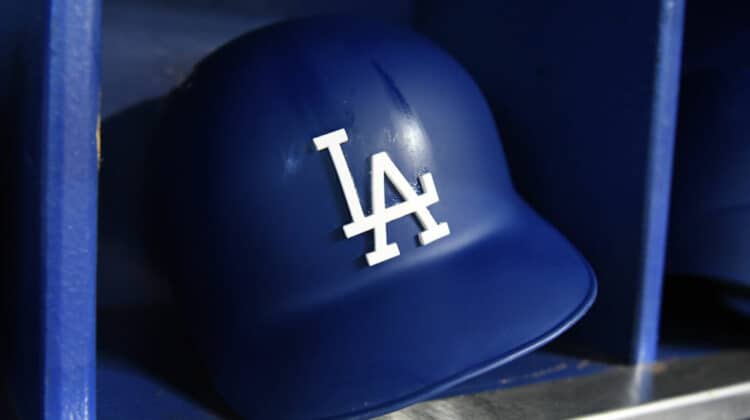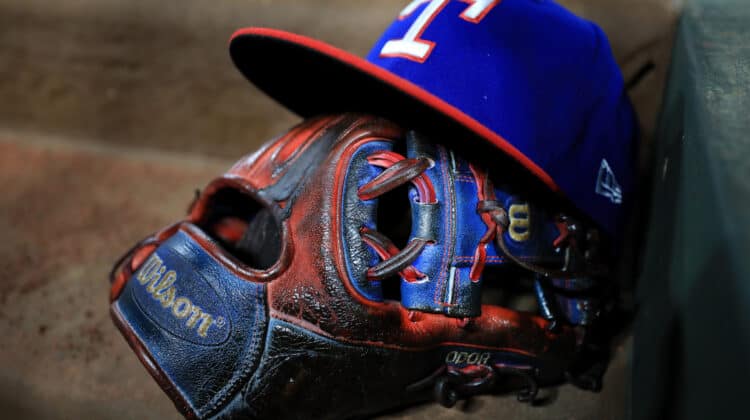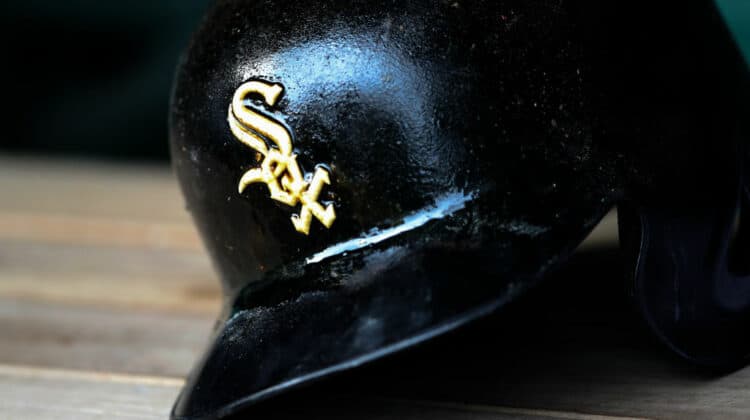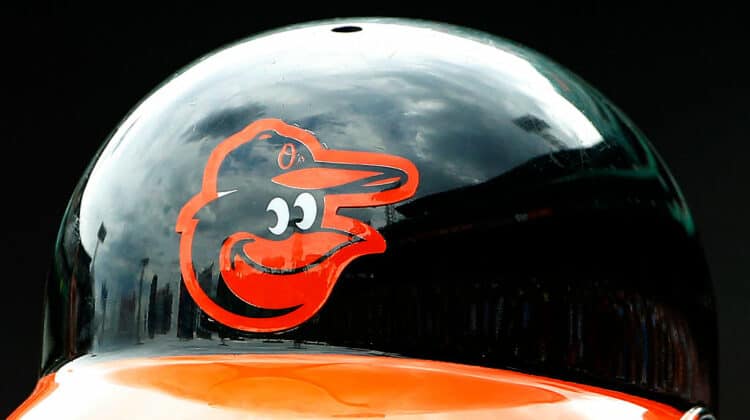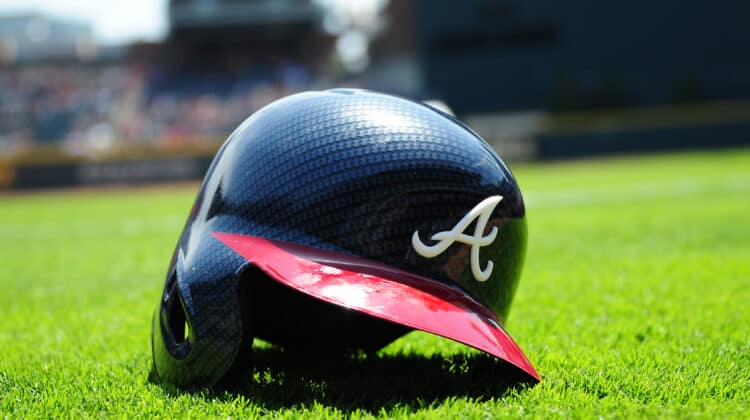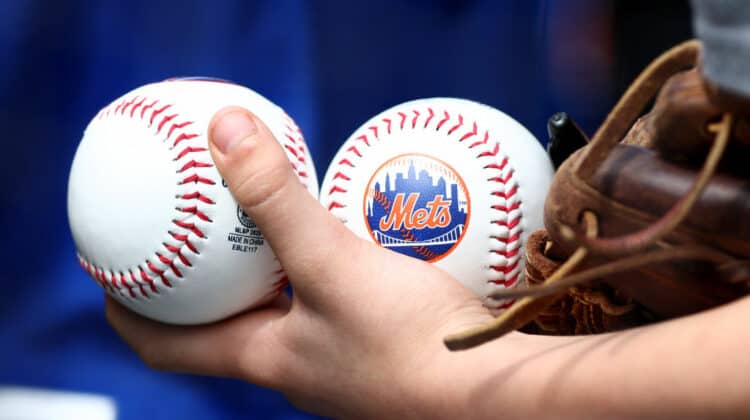
A lot of people have praised MLB‘s decision to implement a pitch clock starting in 2023.
Others, however, say it’s an unnecessary change that can have an impact on the pitchers’ performance by having them pitch in a hurry.
The world of baseball is divided, but MLB was determined to increase the pace of the game and have quicker games.
A 30-second timer between batters will be implemented from this season on.
There will be a 15-second timer between pitches with the bases empty and a 20-second timer with runners on base.
If the pitcher doesn’t start his motion before the stipulated time, he will be charged with a ball.
On the other hand, hitters must be in the box and alert to the pitcher by the 8-second mark: if they aren’t, they will be charged with an automatic strike
The Atlanta Braves’ Spencer Strider, one of the top rookies in the game last year, sounded off on the new rule.
He actually compared it to another popular sport.
“At Braves camp today. Here’s S.Strider on prepping for the rule changes: ‘I feel like a QB now. I’m reading the defense and keeping the play clock in mind. If we run out of time we need a default play so we don’t take a penalty…Bad clock management is not a baseball phrase,'” MLB insider Jesse Rogers tweeted.
At Braves camp today. Here's S.Strider on prepping for the rule changes: "I feel like a QB now. I'm reading the defense and keeping the play clock in mind. If we run out of time we need a default play so we don't take a penalty…Bad clock management is not a baseball phrase."
— Jesse Rogers (@JesseRogersESPN) February 23, 2023
It’s actually a pretty accurate comparison, with the difference that, in football, the offensive team will be flagged for delay of game and lose five yards, and in this case, the pitcher will be charged with a ball.
In theory, 15 seconds can be enough time for the hurler to start his motion, but some of them will definitely need an adjustment period.
NEXT: Manny Machado Comments On His Relationship With Nolan Arenado
